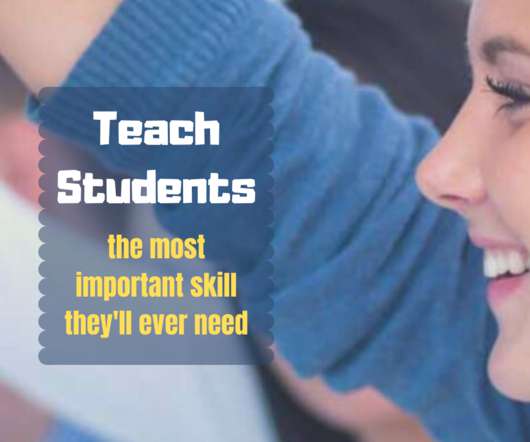Much Ado About MOOCs: Where Are We in the Evolution of Online Courses?
Edsurge
FEBRUARY 26, 2019
A lot has changed since 2012 or, the year the New York Times dubbed the "Year of the MOOC." The premise back then was that classes would make high-quality online education accessible for all—and for free. Today, many MOOC providers now charge a fee. So the rate at which new users are coming into the MOOC space is decreasing.




































Let's personalize your content